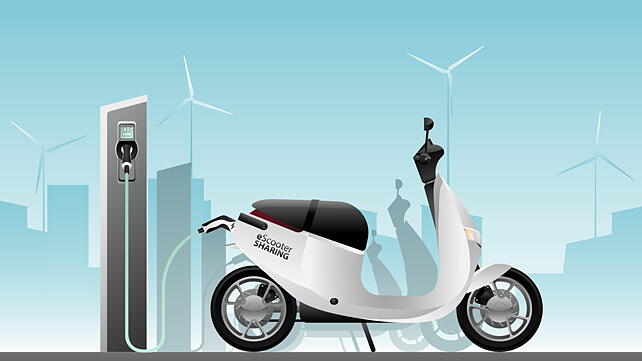
In line with the Central government’s vision to transition to electric mobility, Odisha has become the attest Indian state to announce its electric vehicle policy. Through this new policy, the State aims to attract investments in EV components, battery manufacturing and convert 20% of its fleet into EVs by 2025.
At the recently held 61st annual convention of the Automotive Component Manufacturers Association (ACMA), Amitabh Kant, CEO, NITI Aayog said 22 Indian states have introduced EV policies to pave way for an EV migration in the coming years.
We look at the top five key highlights of the policy.
Incentives for E2Ws, E3Ws and E4Ws:Under the policy, the state government will provide purchase incentives of around 15% on different categories of EVs, which will be up to INR 5,000 for electric two-wheelers, INR 10,000 for electric three-wheelers and up to INR 100,000 for electric cars.
No-cost loan on EVs for state government employees:To push mass adoption of electric vehicles at least among its employees, the state government has notified that it will provide 100% interest-free loan to its employees for the buying of EVs. Moreover, government departments and PSUs will now give preference to hire and purchase EVs for official use.
Subsidies parking fees for EVs and charging station: The Odisha Municipal authorities will provide subsidised parking for EVs, be it for personal use or government use. The government has also directed municipal authorities to prepare parking plan for on-street parking of EVs with charging stations.
Support for electric bus:The state government will provide incentives and support to electric buses as it aims to convert 50% of its buses to pure electric in the next five years.
Incentives for manufacturing EVs, components and battery:To attract investment in the state, the government has announced that it will provide incentives like SGST reimbursement and give various incentives for setting up micro EV battery manufacturing units in Odisha.